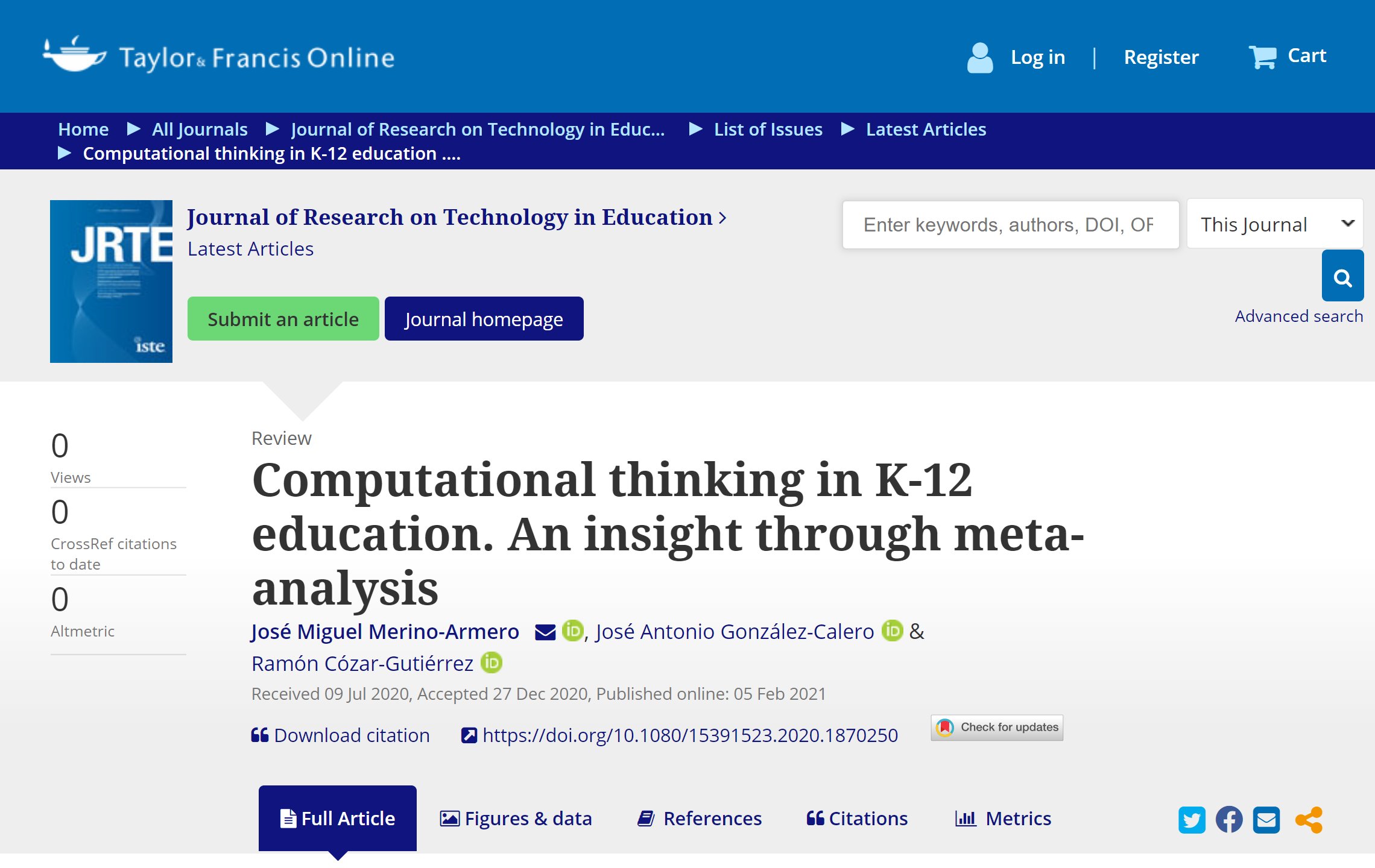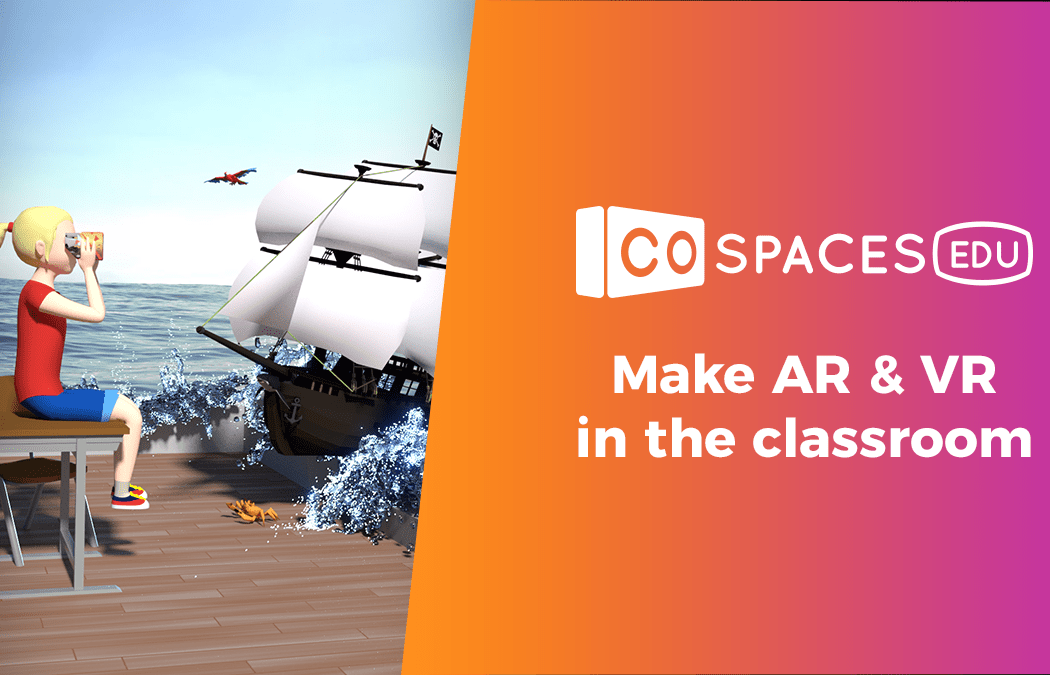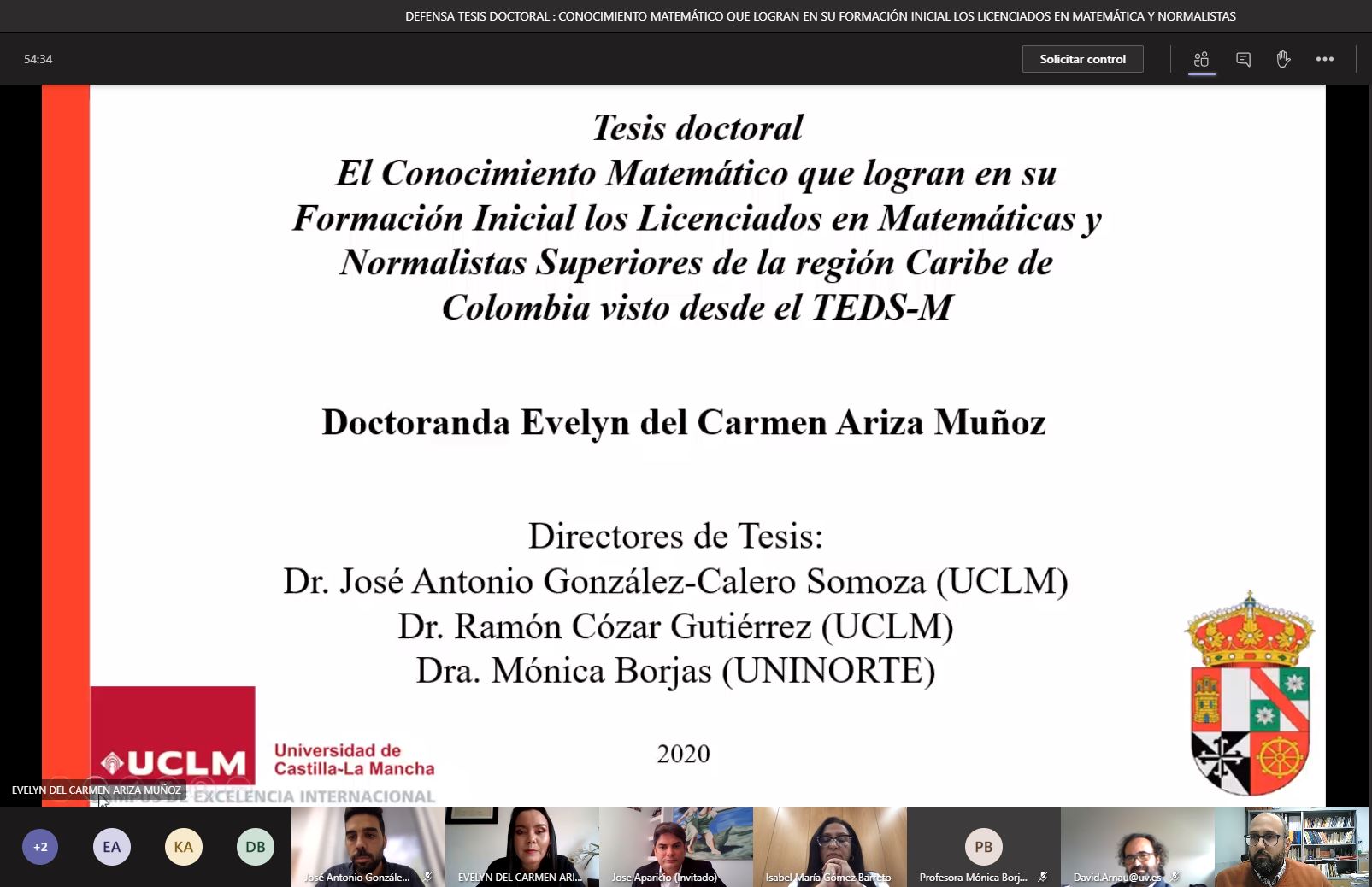[et_pb_section fb_built=»1″ admin_label=»section» _builder_version=»4.8.1″ custom_padding=»0px|||||»][et_pb_row admin_label=»row» _builder_version=»3.25″ background_size=»initial» background_position=»top_left» background_repeat=»repeat»][et_pb_column type=»4_4″ _builder_version=»3.25″ custom_padding=»|||» custom_padding__hover=»|||»][et_pb_text admin_label=»Text» _builder_version=»3.27.4″ background_size=»initial» background_position=»top_left» background_repeat=»repeat»]
LabinTIC participa en el congreso CIDU 2021. Congreso Iberoaméricano de Docencia Universitaria con el póster titulado «Creación y uso de escenarios de realidad virtual en la formación inicial de maestros«.
Resumen
La integración de tecnologías emergentes en contextos educativos conlleva el diseño de nuevas herramientas de aprendizaje. A su vez, la evolución pedagógica hacia una participación más activa del alumnado requiere el desarrollo de nuevas competencias docentes. Competencias que, con frecuencia, están ligadas al uso de estas tecnologías, pues permiten la ruptura de las barreras espaciotemporales y pasar de considerar al alumno como mero receptor de información, a ser el elemento principal del proceso de enseñanza-aprendizaje. Así, un creciente número de recursos pedagógicos permite ampliar las experiencias humanas a través de la introducción de entornos generados por ordenador (1). Entre estas herramientas destaca la Realidad Virtual (RV). La RV se puede definir como una tecnología que genera una inmersión virtual en un entorno digital, gracias a una simulación por ordenador que permite al usuario sumergirse dentro de un mundo tridimensional interactivo (2). Así, se facilita la aparición de entornos de aprendizaje inmersivos en contextos virtuales (3) que permiten a los estudiantes aprender dentro de un mundo creado con tal fin. Los docentes presentes y futuros requieren de un nuevo planteamiento formativo que les capacite para integrar eficazmente estas tecnologías en el aula. En este trabajo, se presenta una experiencia piloto realizada con estudiantes del Grado de Maestro en Educación Primaria de la Facultad de Educación de Albacete (UCLM), en la que los futuros docentes trabajaron con la herramienta CoSpaces Edu en la creación de entornos virtuales para la enseñanza de las Ciencias Sociales. Las opiniones de los estudiantes, sobre las posibilidades y debilidades de su uso, nos adelantan algunas conclusiones coincidentes con las obtenidas en otros estudios: en lo positivo, el aumento del interés, el compromiso y una mejor participación e interacción de los estudiantes; en lo negativo, el tiempo, el esfuerzo y la necesidad de formación, por parte de los profesores.
Palabras clave: Realidad Virtual; Futuros Docentes; Innovación Educativa; Universidad; Formación del Profesorado.
Abstract
The integration of emerging technologies in educational contexts entails the design of new learning tools. In turn, the pedagogical evolution towards more active participation of students requires the development of new teaching competences. These competences are often linked to the use of these technologies, as they allow the breakdown of space-time barriers and go from considering the student as a mere receiver of information to being the main element of the teaching-learning process. Thus, a growing number of pedagogical resources make possible to enlarge human experiences through the introduction of computer-generated environments (1). Among these tools, Virtual Reality (VR) stands out. VR can be defined as a technology that generates a virtual immersion in a digital environment, thanks to a computer simulation that enable users to immerse themselves in an interactive three-dimensional world (2). Thus, the emergence of immersive learning environments in virtual contexts (3) that allows students to learn within a world created for this purpose is facilitated. In this work, a pilot experience carried out with students of the master’s degree in Primary Education of the Albacete Faculty of Education (UCLM) is presented, in which future teachers worked with the CoSpaces Edu tool in the creation of virtual environments for the teaching of Social Sciences. The opinions of the students, on the possibilities and weaknesses of its use, advance us some conclusions that coincide with those obtained in other studies: on the positive side, increased interest, commitment, and better student participation and interaction; on the negative side, time, effort, and the need for training, on the part of the teachers.
Keywords: Virtual Reality; Future Teachers; Educational Innovation; University; Teacher Training.
Referencias:
- Brown, M., McCormack, M., Reeves, J., Brooks, D. C. y Grajek, S. (2020). 2020 EDUCAUSE Horizon Report Teaching and Learning Edition. https://www.educause.edu/horizon-report-2020
- Villena, R., Cózar, R., González-Calero, J. A. y López, I. (2019). Strolling through a city of the Roman Empire: an analysis of the potential of virtual reality to teach history in Primary Education. Interactive Learning Environments, 1–11. https://doi.org/10.1080/10494820.2019.1674886
- Díaz, M. (2016). Augmented Reality Versus Virtual Reality: The Battle Is Real. Techcrunch.
[/et_pb_text][/et_pb_column][/et_pb_row][et_pb_row _builder_version=»4.8.1″ _module_preset=»default»][et_pb_column type=»4_4″ _builder_version=»4.8.1″ _module_preset=»default»][et_pb_image src=»https://blog.uclm.es/grupolabintic/wp-content/uploads/sites/174/2021/02/Tirado-Olivares_S_Creacion-y-uso-de-escenarios-de-realidad-virtual-en-la-formacion-inicial-de-maestros-scaled-1.jpg» title_text=»Tirado-Olivares_S_Creación y uso de escenarios de realidad virtual en la formación inicial de maestros» _builder_version=»4.8.1″ _module_preset=»default»][/et_pb_image][/et_pb_column][/et_pb_row][/et_pb_section]



